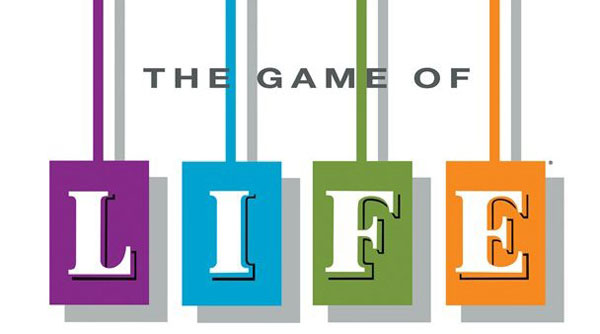Preparing Kids for More Than College
Deborah Meier continues her conversation with Robert Pondiscio of CitizenshipFirst today.

Dear Robert,
Yes, I'm fixated on who decides what. That's the fundamental dilemma of a democracy. Since we agree that schooling is about teaching kids respect for democracy and liberty, it can't be brushed aside. But I see you're fixated on deciding what all students should know. I've hardly "hidden" my answers! I've written prolifically on the subject. It isn't a mystery. You just don't agree with me!
I hope the following helps you out.
The schools I "founded" agreed with studying history, mathematics, physical and natural science, literature, and the arts—although in a more interdisciplinary manner. We generally favored a "less is more" approach. For example, we spent far more time than is usual studying light in year one of physics. And we focused more on American rather than European history. We encouraged curiosity, debate, skepticism, and a commitment to getting at the truth about the "essential questions" in each discipline. But we also honored uncertainty—ours and theirs, and knowing "how" to get at and evaluate information.
Central Park East Secondary School (in East Harlem, NYC) had very clear graduation requirements for 12th graders, as did Mission Hill (in Roxbury, Boston) for 8th graders. For CPESS, the standards were developed on the basis of New York state's credit and course requirements. They were
